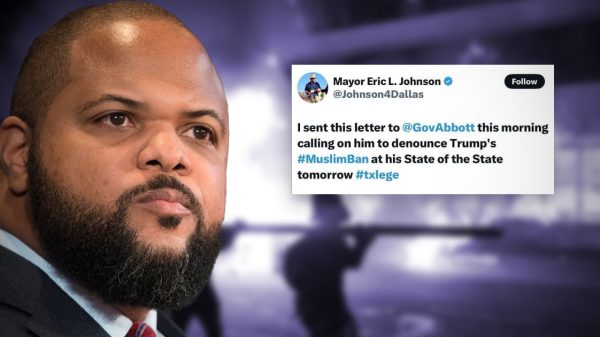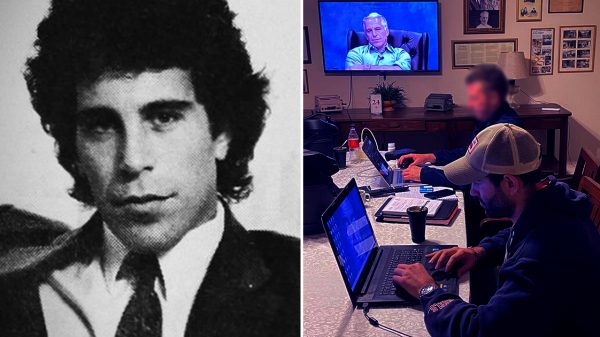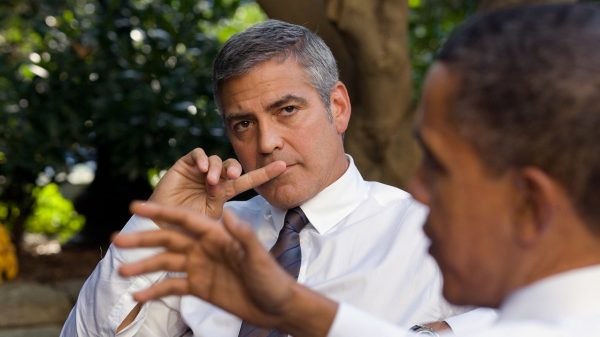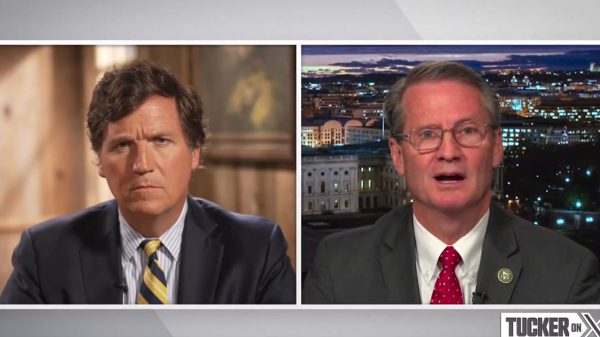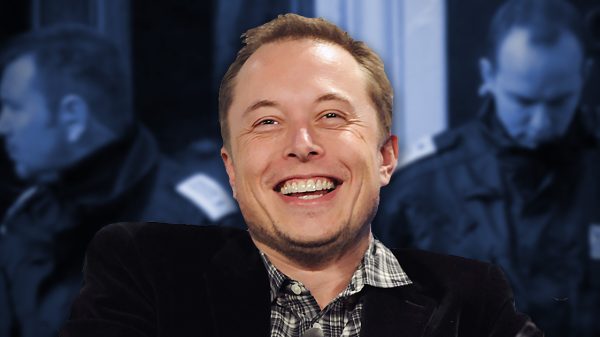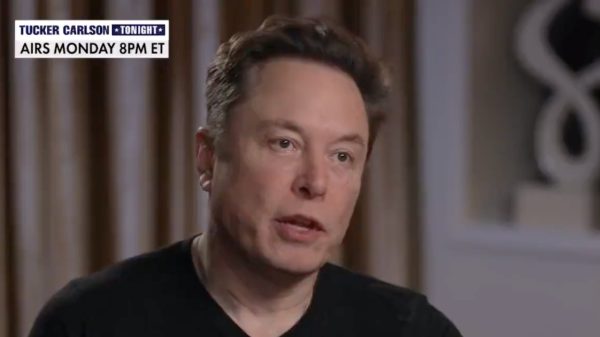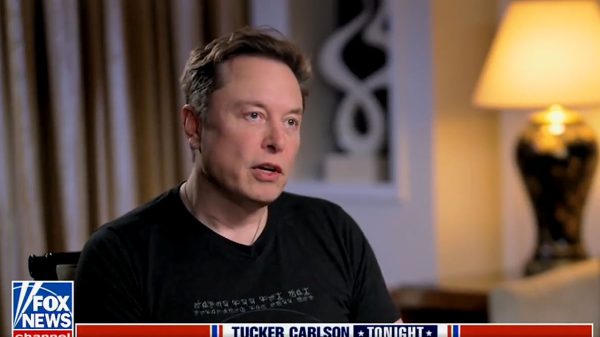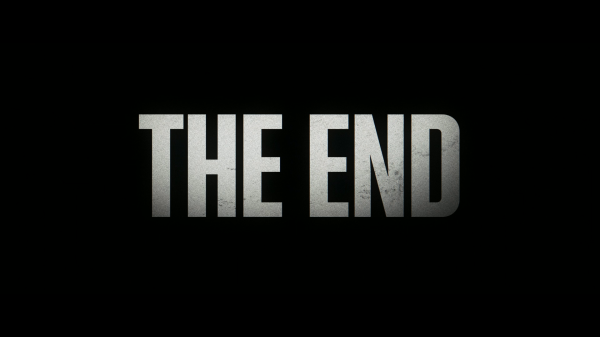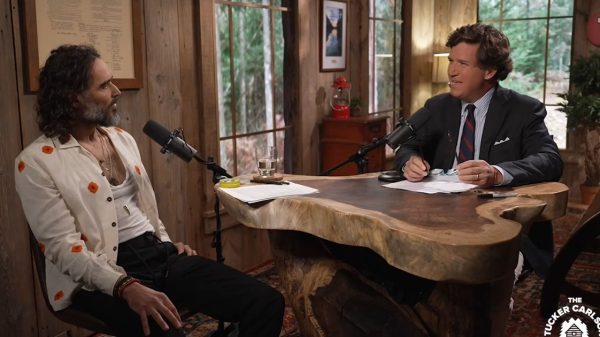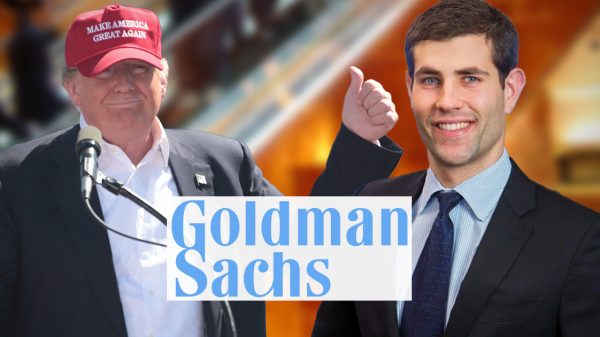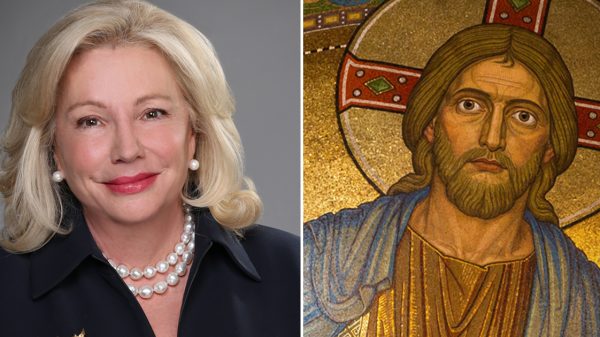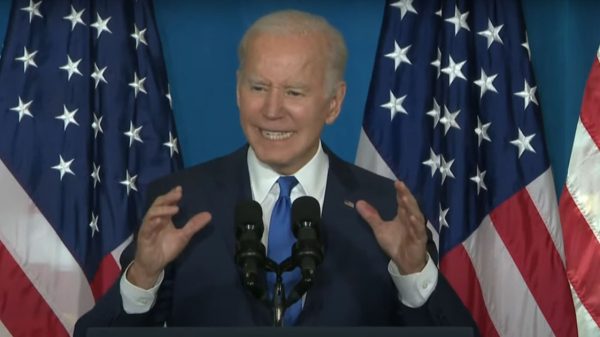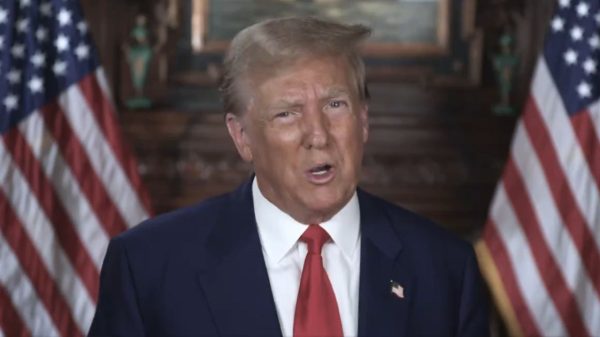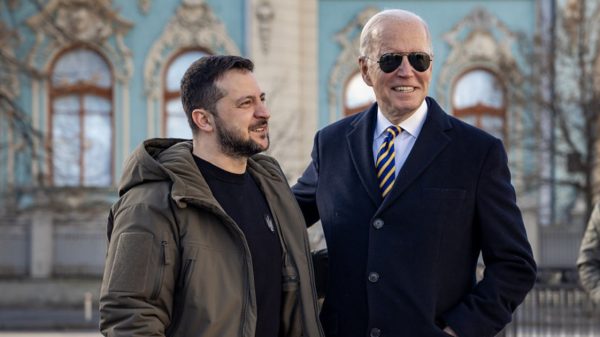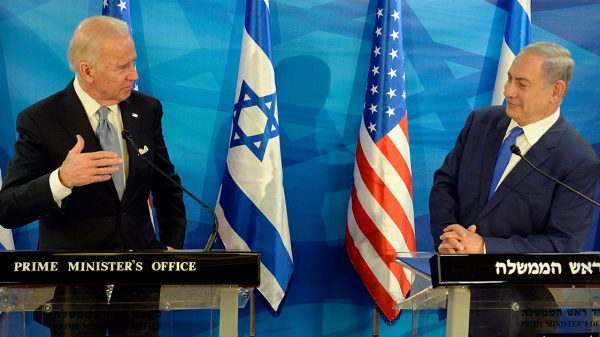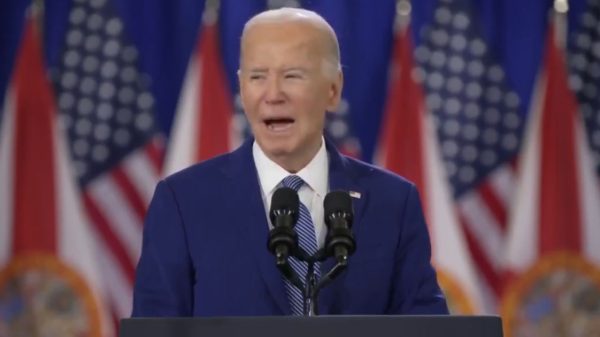Elon Musk, the owner of the social media platform X (formerly known as Twitter), has removed the gold “verified” badge from The New York Times‘ account. This move follows the publication’s sharing of misleading information about the Israel-Hamas conflict, which included a false report that Israel bombed a hospital in Gaza.
The New York Times shared Hamas’ narrative of the hospital bombing, using a photograph of a different building to support the claim. However, subsequent reports revealed that the information was incorrect, leading to widespread criticism of the publication for spreading disinformation.
In response to this, Musk took action by stripping away the gold verification badge from The New York Times‘ official X account. The billionaire tech entrepreneur has previously emphasized the responsibility of media outlets to share accurate information and has been critical of those that fail to do so.
This is not the first time that The New York Times has lost its verification badge on the social media platform. Earlier this year, the publication’s badge was removed after it refused to pay a monthly $1,000 “verified organization” fee. Yet, the current removal seems to be a direct result of the misinformation spread during the Israel-Gaza war.
Musk’s decision to remove the badge has drawn attention to X’s revamped blue check-mark verification program. Under this new system, users are expected to uphold a certain standard of truthfulness in their posts.
Critics of The New York Times have applauded Musk’s actions, viewing it as a stand against the propagation of false news. In a world where social media platforms have become primary sources of news for many people, the accuracy of information shared on these platforms is of paramount importance.
Musk’s actions underline the role that platform owners can play in holding media outlets accountable for their content. By removing the verification badge, Musk sent a clear message about the consequences of spreading disinformation.
However, the decision has also sparked a debate about the power that individuals like Musk hold over public discourse. Some argue that while his intentions may be good, such actions risk infringing on freedom of press.
The New York Times has yet to respond publicly to the loss of their verification badge on X. Meanwhile, the deputy who shot Cure has been placed on administrative suspension pending a review of the incident.
Regardless of where one stands on the issue, this incident serves as a reminder of the crucial role that both media outlets and social media platforms play in shaping public opinion. In an era of fake news and misinformation, the need for accurate, reliable journalism has never been greater.
As the dust settles on this episode, one thing is clear: the conversation about the responsibilities of media organizations and the role of social media in public discourse is far from over.



